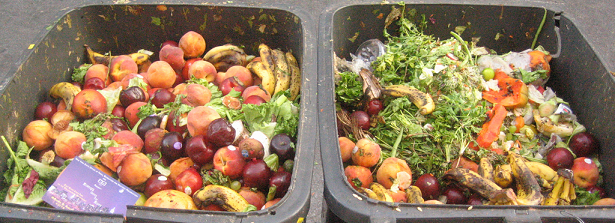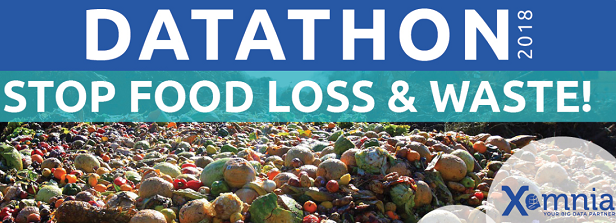Food Wastage

Food Wastage is a theme on the knowledge agenda of the F&BKP. The term ‘wastage’ is used to indicate food losses and waste throughout the whole value chain. Following the definition of the UN Food and Agriculture Organization (FAO), food losses refers to food that – during its movement along the food supply chain – is unintentionally spilled, spoiled, or is otherwise lost or incurs a reduction in quality before it reaches its final product or retail stage. Meanwhile, food waste refers to food that is consciously not consumed, because it is discarded.
For many years already, various studies, in particular from the FAO, show that roughly one-third of food is either lost or wasted throughout the value chain from land to consumer. This indicates that reduction of food wastage could have a considerable impact on the efficiency of the food system. Such an impact can affect all actors of ‘the golden quadrangle’, i.e. business, science, civil society and policy, and has caused many actors to give Food Wastage a higher priority on their agendas in recent years.
Yet, despite many interventions, there is little known about the broader effects (economically, ecologically, socially, short and long term, etc.), of wastage reduction, in particular on people in developing markets.
The F&BKP will explore existing evidence of the effects of the reduction of wastage on food and nutrition security, and will draw conclusions on best practices and/or knowledge gaps. For the period between March and May 2014, the F&BKP has contracted two food security professionals to conduct a study on the relation of food wastage and food security. The study will give an overview of Dutch and related actors working in the field of food wastage and food inefficiencies, and explore the relation of their work with food and nutrition security. The study will provide recommendations on further research and knowledge and/or policy interventions in the field of food wastage in order to strengthen food security.




















